Max Littman, LCSW
March 22, 2025
The rise of artificial intelligence (AI) has sparked many conversations about its potential to transform various fields, including psychotherapy. In the context of Internal Family Systems (IFS), AI holds both promise and limitations. It can be a helpful tool for supplementing human intelligence, supporting IFS practitioners in research, practice, and knowledge sharing. But there’s a fine line between using AI to enhance our work and slipping into over-reliance.
AI’s Role in IFS Practice, Research, and Communication
AI can serve as a useful support system for therapists. It can organize and synthesize large amounts of therapeutic data, offering insights that might otherwise be missed. For example, AI can analyze case studies, identify patterns across client experiences, and even help evaluate the effectiveness of therapeutic approaches. This has significant potential for IFS research, allowing for data-driven insights into best practices and areas needing further exploration.
In the realm of communication, AI can assist in sharing IFS knowledge. With its ability to generate well-structured content quickly, AI can support therapists in drafting articles, blog posts, and educational resources. While IFS is deeply experiential and relational, AI can help distill complex concepts into digestible pieces that reach broader audiences.
But the relationship between AI and therapy is far from symmetrical. AI might provide information, but it can’t replicate the emotional attunement and deep empathy that are foundational to IFS. A therapist’s Self-energy is irreplaceable. AI can’t navigate the subtle emotional currents in a session, nor can it co-regulate with clients or foster the transformative healing that comes from authentic human connection.
The Risks of Over-reliance on AI
A concerning risk with AI is the temptation to lean on it for decisions we could (and should) make ourselves. Therapy, like life, isn’t about finding quick answers; it’s about sitting with complexity, uncertainty, and the wisdom that emerges from within. If we rely too heavily on AI, we risk losing touch with our own discernment and diminishing the very capacities that make us human.
In therapy, this could mean outsourcing emotional insight to an algorithm instead of trusting the client’s internal system to reveal what needs attention. For therapists, it might look like relying on AI-generated insights rather than staying attuned to their own felt sense. Over time, this reliance could lead to a kind of cognitive atrophy, dulling our ability to think critically and intuitively, and an atrophy of interoception, or other pathways to inner wisdom.
Then there’s the power dynamic. If AI becomes the ultimate authority, we may gradually defer to it rather than listening to ourselves and our clients. Therapy that prioritizes machine-generated knowledge over the therapist’s and client’s Self-led presence is therapy stripped of its heart.
AI Can’t Access the Soul
IFS is not only about understanding the mind; it’s about tending to the spirit. Clients often come to therapy not just to solve problems but to reconnect with their deepest sense of Self, and sometimes to the sense of a larger Self energy in and among us. AI has no capacity to touch the spiritual dimensions of healing. It can analyze language and patterns, but it will never recognize the sacred pause that happens when a client’s system softens and reveals something profound. AI may be a helpful tool in identifying what may need tending to, but it does not have the capability of attuning and doing the tending.
The relational field that forms between therapist and client, the container where burdens are witnessed and unburdened, where parts and Self are in relationship, is inherently human. Spirit lives in this field. While AI might simulate care, it cannot generate the authentic presence that allows for the healing of mind, body, and spirit. This is where the power of IFS remains steadfastly human.
A Balanced Future
AI has its place. It can be a supportive tool for research, administrative tasks, and content creation. Therapists can use it to refine their writing, explore new concepts, or gain insights from large data sets. It might even offer guided reflections for clients outside of sessions, encouraging self-inquiry between therapeutic appointments.
But the essence of IFS, that tender, transformative exchange between Self energy and parts, will never be the domain of machines. As AI becomes further integrated into our work, the challenge will be to maintain our grounding in Self-energy. The questions we might ask ourselves are: Are we using AI to deepen our human wisdom, or are we avoiding the discomfort of not knowing? Are we letting AI support our creative process, or are we allowing it to replace our inner voice?
In this evolving landscape, our commitment to human intelligence, relational presence, and spiritual connection will be what keeps the heart of IFS alive. AI can support the work, but it is the courage, compassion, and attunement of the Self energy in and around us that makes the real difference.
For feedback and comments, I can be reached at max@maxlittman.com.
I provide private practice mentorship, consultation, and therapist/practitioner part intensives.
